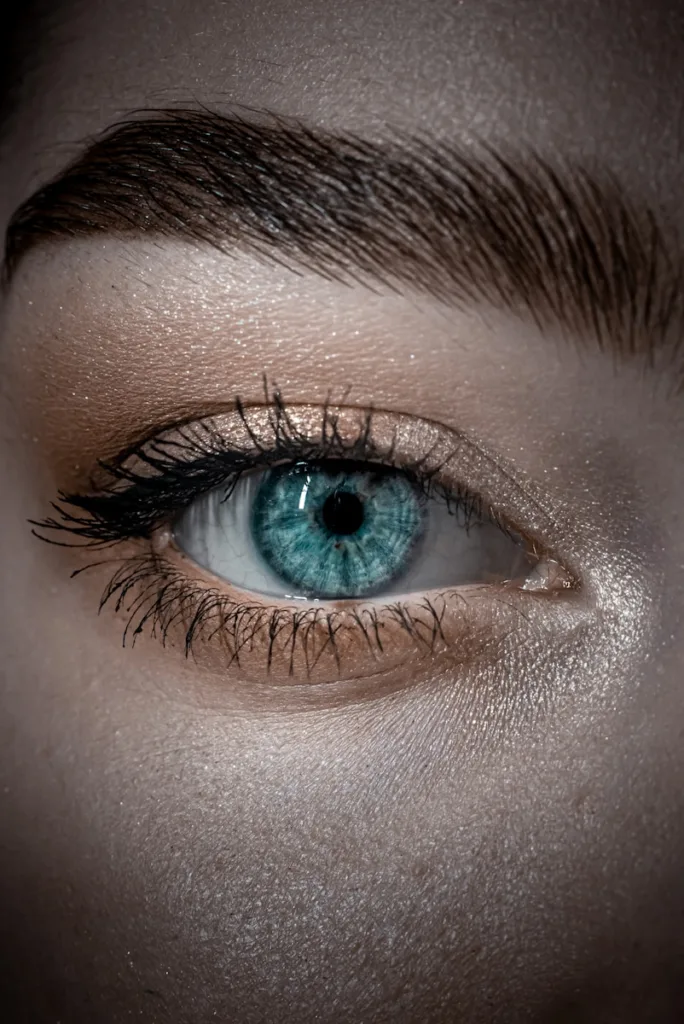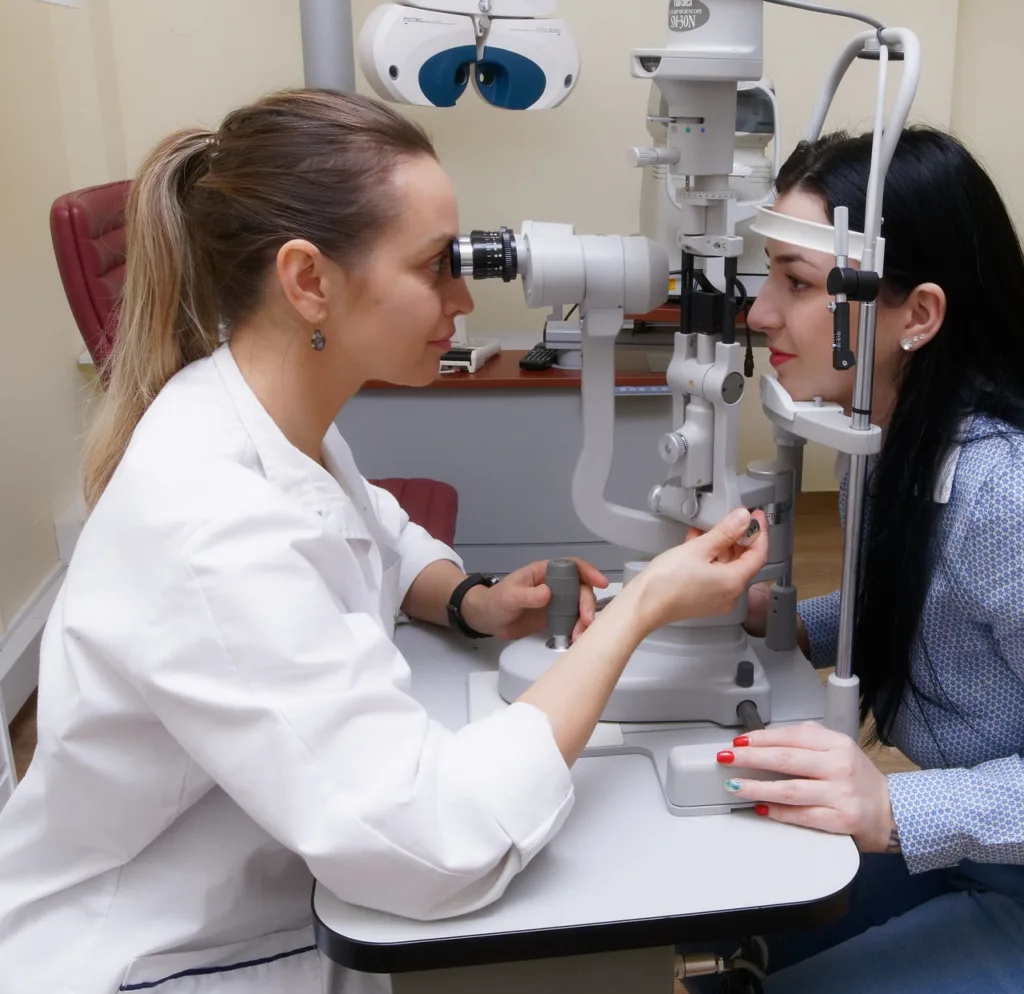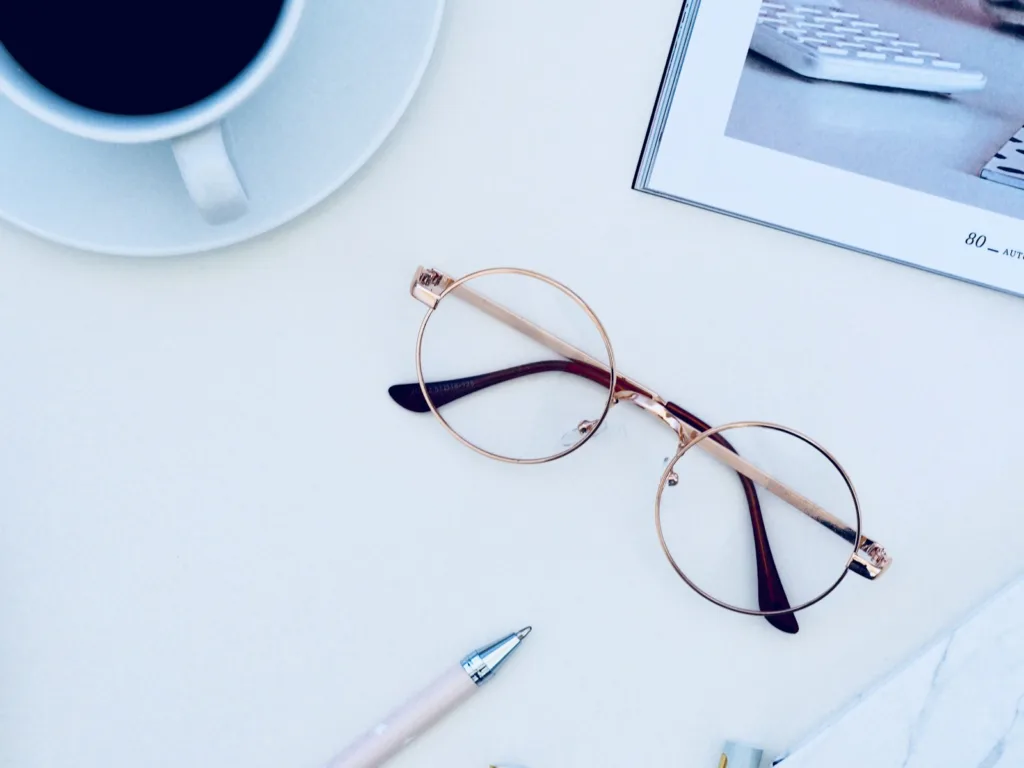
Table of Contents
You are not completely well without your eyes. Keeping them healthy and ensuring you look your best can be achieved in many ways. To ensure your eyes stay healthy well into old age, follow these basic principles.
Check your eyes properly

Whether you believe your vision is good or your eyes are healthy, the only way to be absolutely sure is to have a full dilated eye test from your eye care specialist. Some individuals do not realize that they can see better with glasses or contact lenses when it comes to common vision problems. Furthermore, many common eye conditions, including glaucoma, diabetic eye disease, and age-related macular degeneration, frequently have no symptoms. The only way to detect these conditions in their early stages is through an eye exam.
Your eye vision care professional will use eye drops during your dilated eye exam to dilate, or widen, the pupil, allowing more light to enter the eye, just as an open door lets more light into a dark room. Your eye care professional can examine the back of your eyes and look for any signs of illness or damage from this procedure. The only person who can assess the health of your eyes and your level of vision is your eye care specialist.
Maintain your blood sugar levels
90% of diabetes-related blindness is preventable. The ABCs of diabetes are blood pressure, cholesterol, and blood sugar management goals. Ask your health care team to help you develop and meet these goals.
- A1c. : For this blood test, the target target is usually less than 7%, however your doctor may have different expectations for you.
- Blood pressure: Heart disease is caused by high blood pressure. For most people, the goal is less than 140/90 mmHg; However, your doctor may have alternative recommendations.
- Cholesterol :A build-up of LDL or “bad” cholesterol clogs your arteries. “Good” cholesterol, or HDL, helps clear your blood vessels of “bad” cholesterol. Find out what your ideal cholesterol reading should be.
Know your family’s eye health history
Discuss the medical history of your family members related to eye health. Knowing if someone has been diagnosed with an eye disease or condition is important because many of them are inherited. You can use this information to assess your risk of developing an eye disease or condition.
Maintain a healthy weight
Being obese or overweight increases your risk of developing diabetes and other systemic diseases, such as glaucoma or diabetic eye disease, which can cause vision loss. Talk to your doctor if you’re having trouble keeping your weight under control.
Use protective eyewear

Always wear protective glasses when engaged in household chores or sports. Safety goggles, eye guards, and safety shields are examples of protective eyewear that is made specifically to provide the right level of protection for the job you are doing. Polycarbonate, which is ten times stronger than other plastics, is used to make the lenses of most protective glasses. Protective eyewear is sold by many eye care professionals and many sporting goods retailers.
Quit smoking

Smoking has harmful effects on every part of your body, including your eyes. Studies have shown a link between smoking and a higher likelihood of age-related macular degeneration, cataract development, and optic nerve damage, all of which can result in blindness.
Give your eyes a rest
If you spend a lot of time on the computer or focus on one thing and neglect to blink, your eyes can get tired. Observe the 20-20-20 rule: Look approximately 20 feet in front of you for 20 seconds every 20 minutes. This quick practice can help reduce eye strain.
Wash your hands and contact lenses thoroughly

Always wash your hands thoroughly before inserting or removing your contact lenses to reduce the chance of infection. Always sterilize contact lenses as directed and replace them when necessary. Listen to podcasts about eye safety and learn more about maintaining your eye health while using contact lenses.
Eat healthy to maintain your vision

Carrots are said to be excellent for the eyes. However, a diet high in fruits and vegetables, especially leafy greens such as collard greens, spinach and kale, is important for maintaining your eye health. Eat fish strong in omega-3 fatty acids such as salmon, tuna and halibut. , has also been linked to benefits for eye health, according to research.
read also: Empower Your Loved One: 5 Effective methods to Support Those Facing Mental Health Challenges
